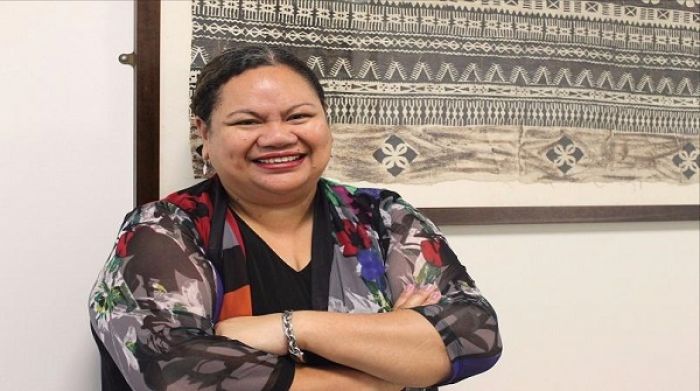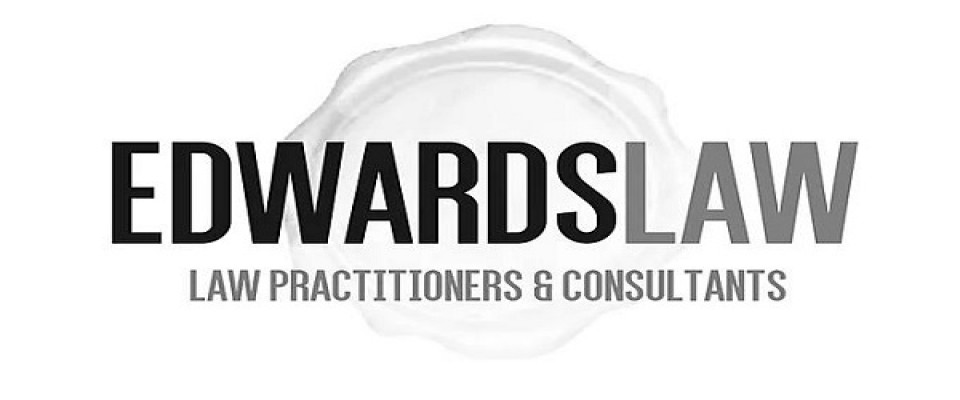Manava ‘Ofa: Prime Minister’s Apology for Dawn Raids Breathes Hope for Something New Featured
 Christine Nurminen
Christine Nurminen
OPINION: Manava ‘Ofa: Prime Minister’s Apology for Dawn Raids Breathes Hope for Something New
15 June 2021
Opinion by Christine Nurminen
STANDFIRST
Pacific Cooperation Foundation Co-Board Chair Christine Nurminen shares her bitter-sweet memories of the Dawn Raids that occurred in the 1970s, in response to the Government’s announcement on Monday it will make an official apology on 26 June to the Pacific community, and speaks of her hopes for the Prime Minister’s apology to create something new for Pacific families in New Zealand and in the Pacific region.
BODY
Prime Minister Arden has announced that the New Zealand Government will be making an official apology for the Dawn Raids on 26 June, but what does this apology mean?
I was born in Ponsonby, Auckland in the 1970s during the height of the Dawn Raids, so this apology raises many bitter-sweet childhood memories.
While it reminds me of the tremendous willpower and spirit of every day Tongan women, mothers and aunts who protected everyone and helped them feel safe, names like Uani, Fusi, Mele, Saane, it also reminds me of whispers, of doors closing, and being told to stay very, very, quiet.
It reminds me of a time when our Government sanctioned the Police to use dogs to specifically target Tongan people. Police and immigration officials would turn up to streets in their vans, mapping out what they believed to be Samoan, Cook Islands, and Tongan households.
For the Tongan households, instead of sending in Police officers and officials first as they did for the other Pacific households, they sent the dogs in first.
For our Tongan community, it wasn’t the Dawn Raids, it was the Dog Raids.
And it reminds me that the Dawn Raids were a deliberate Government led, racist operation - to catch a coconut.
When I was born, my father, alongside several family members, neighbours and workmates, had expired permits. But most were still working because their employers couldn’t find kiwis to do the work. These hardworking, honest men were classified as overstayers - criminals.
Every day my father feared for my mother, and my mother was sick with worry about my father. Everyone worried. My parents constantly looked over their shoulders, even to take us to the park to play. The fear was so crippling, many Pacific people stopped going out altogether and feared sending their children to school.
Fifty years later as I drive with my father passed our old house on Rose Road, Ponsonby, he painfully re-tells me a story. It’s a story about Police officers chasing a group of Tongan men running from a factory, across the motorway, weaving through traffic, and jumping over the lanes, looking for a place to safely hide.
While it breaks my heart to dwell on this imagery, the Prime Minister’s official apology has the power to create something new for New Zealand’s Pacific families here today in New Zealand and in the Pacific region.
Many people in our Tongan community are hoping the Prime Minister’s apology next week is filled with manava ‘ofa – love and compassion.
I believe for this apology to be truly genuine and meaningful, it needs to include our Pacific Island government leaders and nations. Because many of the Pacific families victimised by the Dawn Raids are now based in Samoa, Tonga and Fiji.
The Prime Minister’s apology provides an opportunity to update our education, immigration, and other policies, and for us to create a new discourse for Pacific people, and others who call Aotearoa New Zealand their home.
This would require New Zealand’s school history curriculum to include the Dawn Raids, and for Pacific languages to be integrated into the content. It would include building up our teacher workforce with educators who understand the importance of empowering all students from non-Western backgrounds to fight against racism and for justice.
The Prime Minister’s apology also provides a renewed spirit to explore innovative ways to increase the uptake of the unfilled annual Pacific Access Category and Samoa Quota residency places, such as providing a safe path to residency for Pacific people currently in New Zealand on temporary or other visa status’.
Christine Nurminen is Tongan. She has extensive executive and governance experience in Aotearoa New Zealand and is currently Director of Manava Partners Limited and Co-Chair of the Pacific Cooperation Foundation.
1 comment
-

Dog Raid (Tuli Kuli) is more fitting a label for Dawn Raid ('Ohofi Hengihengi) as appropriately proposed by Christine Nurminen. Only animals as wild pigs (and not people) are hunted down by dogs. While this announcement is more than welcome, the severity of the matter deserves far more than just a mere apology. Besides an apology, as well as an amnesty that is commonly called for, the Government should also set aside hundreds of millions of dollars as funds for an education trust by way of real compensation. This is the more long lasting and most beneficial of all the demands, thereby putting one's money where one's mouth is, so to speak metaphorically.



